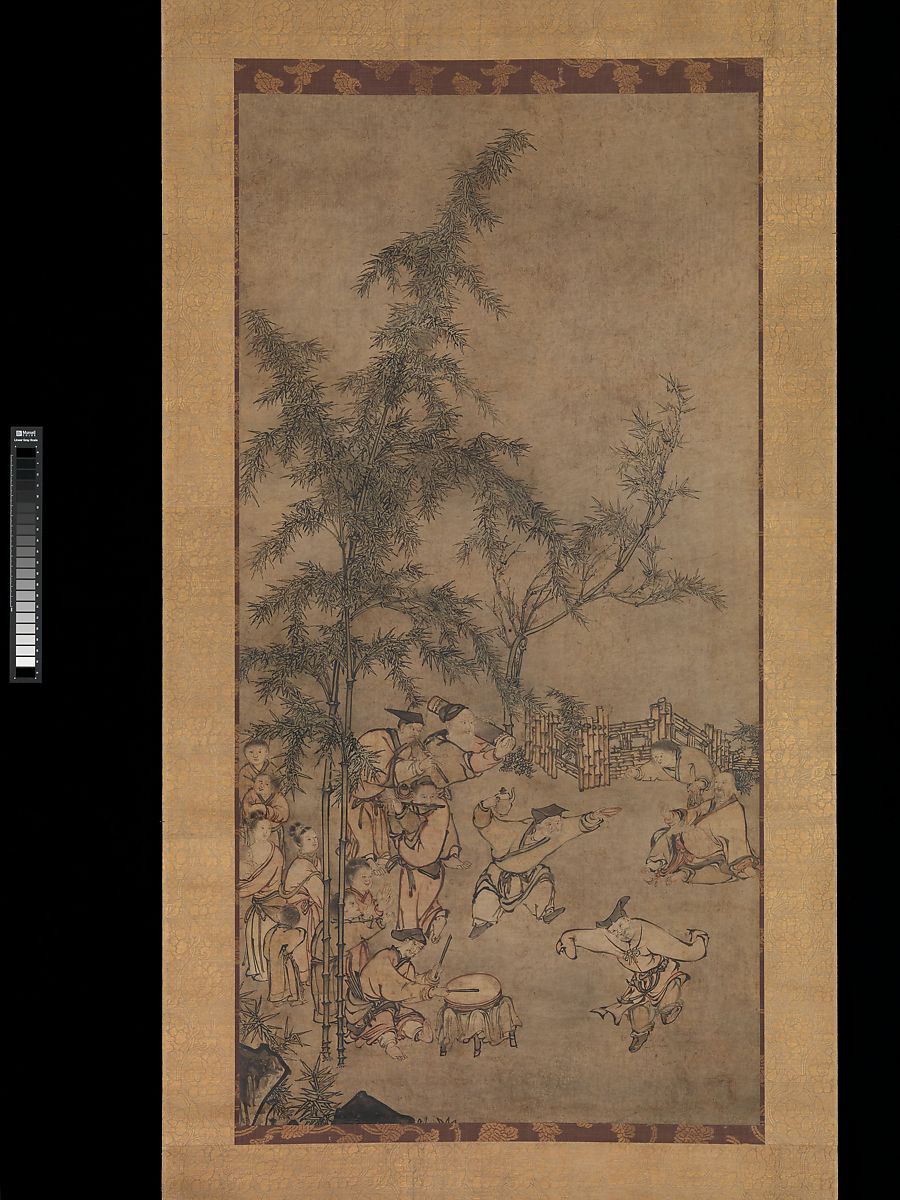|
|
|
In class, we have studied the roots of Neo-Daoism and its ideas of withdrawal and fantasy, oftentimes in the context of nature. Through literature and artwork, Neo-Daoist thinkers share about attempting to find solace away from the troubles of public life. With Neo-Daoism in the Wei-Jin Era in the third century CE, we see the Seven Worthies of the Bamboo Grove who are masters of pure conversation yet stressed the enjoyment of certain qualities such as freedom, spontaneity, nature, and wine. These Bamboo Growth Scholars were strongly influenced by artwork, music, poetry, and discussion and separated themselves from a life of government service. In fact, one scholar by the name of Ruan Ji was particularly interested in achieving immortality and prolonging life. This scholar, poet, and musician rooted himself in both the teachings of Laozi and Zhuangzi, and focused on writings of concealment and evasion.
|
With this type of literature in mind, we attempt to pair the role of alcohol with disillusionment in order to examine three particular figures in premodern Chinese literature who employ an alternate reality of thinking in order to illustrate their own, unique pure form of self-expression. Li Bai, Li Qingzhao, and Tao Yuanming all use alcohol in conjunction with an alternate, elevated form of self-expression such as dreaming or ponderous thinking in order to share their emotions. Various themes of nature, grief and loneliness, or the quest for immortality are explored by these authors, who transcend dynastic periods yet all draw roots back to disillusionment engendered by alcohol.
|

